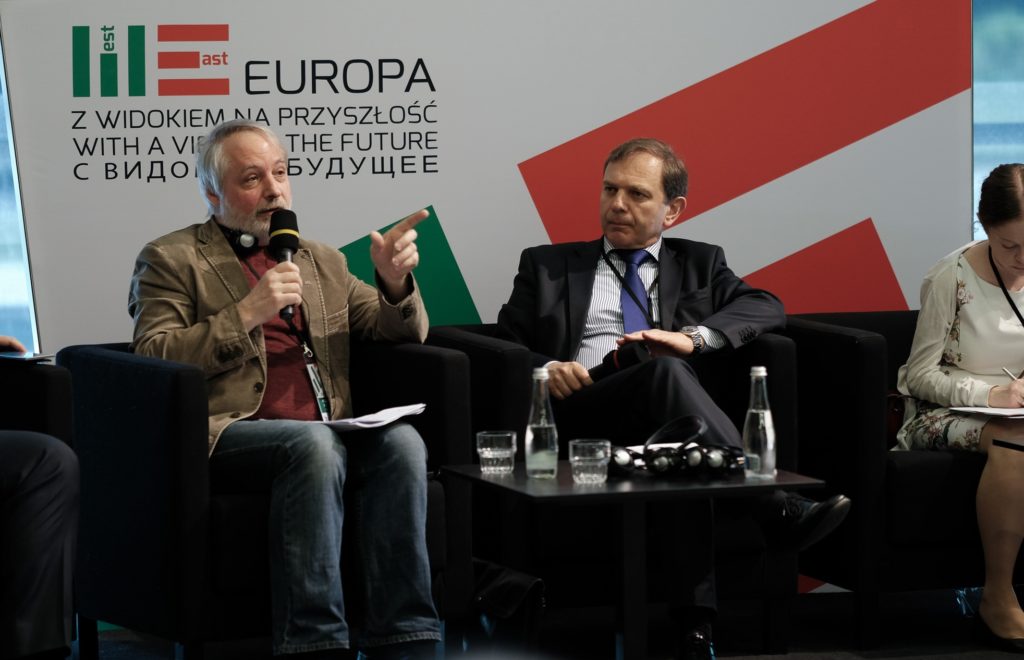How Russia interprets 1917
In Russia, there is no definite and clear position on 1917. The new democratic Russia, which emerged in 1991, had undergone a notable transformation since then and therefore we cannot speak today of those ideological postulates that were used to assess the 1917 revolution during the 1990s. At that time, historiography in Russia freely developed and evaluated the event as one that started the construction of the totalitarian system and repressive state. After all, the ideas that underpinned 1917, in many ways, were both totalitarian and repressive in nature. In order to understand this, it is sufficient to read the documents that form the Marxist-Leninist doctrine. And it is enough to read the communist party manifesto in order to see what a world built in accordance with this recipe would look like.
Today, we see a completely different picture. It is not complete nonsense, because there are certain signals. For Russian historians today, 1917, along with many other issues, constitute what is called “difficult issues in history”. An attempt to create a single, unified textbook in Russia also runs into problems.
October 31, 2017 - Nikita Petrov


































